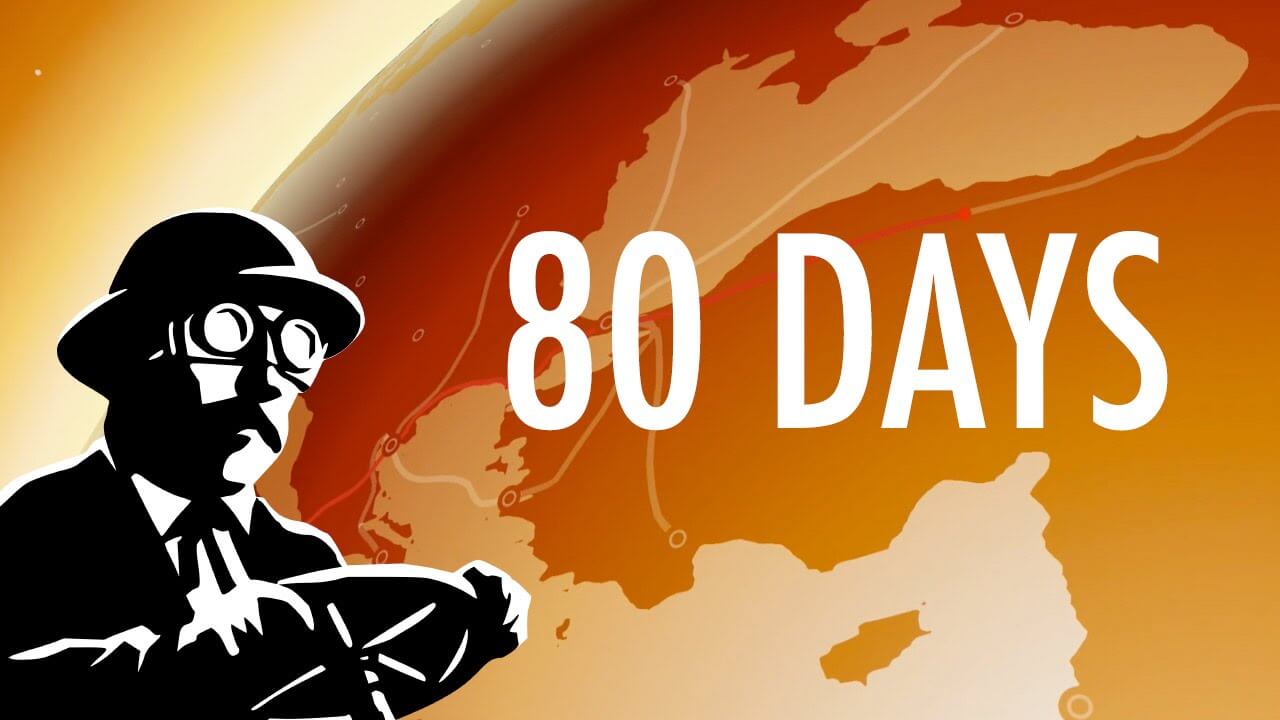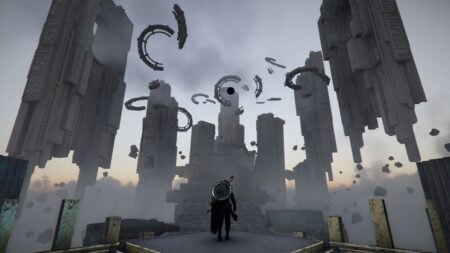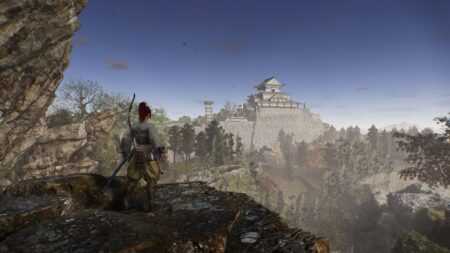Version Tested: PC
Also Available on iOS, OS X, Android
Developer: Inkle Ltd, Cape Guy Ltd
Publisher: Inkle Ltd
Genre: Adventure, Visual Novel, Strategy
80 Days received a huge number of awards and accolades when it was originally released for iOS, including receiving Time magazine’s game of the year and the Independent Game Festival’s “Excellence in Narrative” award. The PC port has some high standards to live up to and, for the most part, it succeeds. 80 Days weaves a very compelling narrative, is much deeper than it initially appears and has the addictive “one more turn” quality that strategy gamers crave. It very nearly defies genre definitions; it may not be for everyone with how much reading it contains, but 80 Days has a fascinating story to tell and it is hard to imagine most people would not be charmed by its aesthetics and plot.
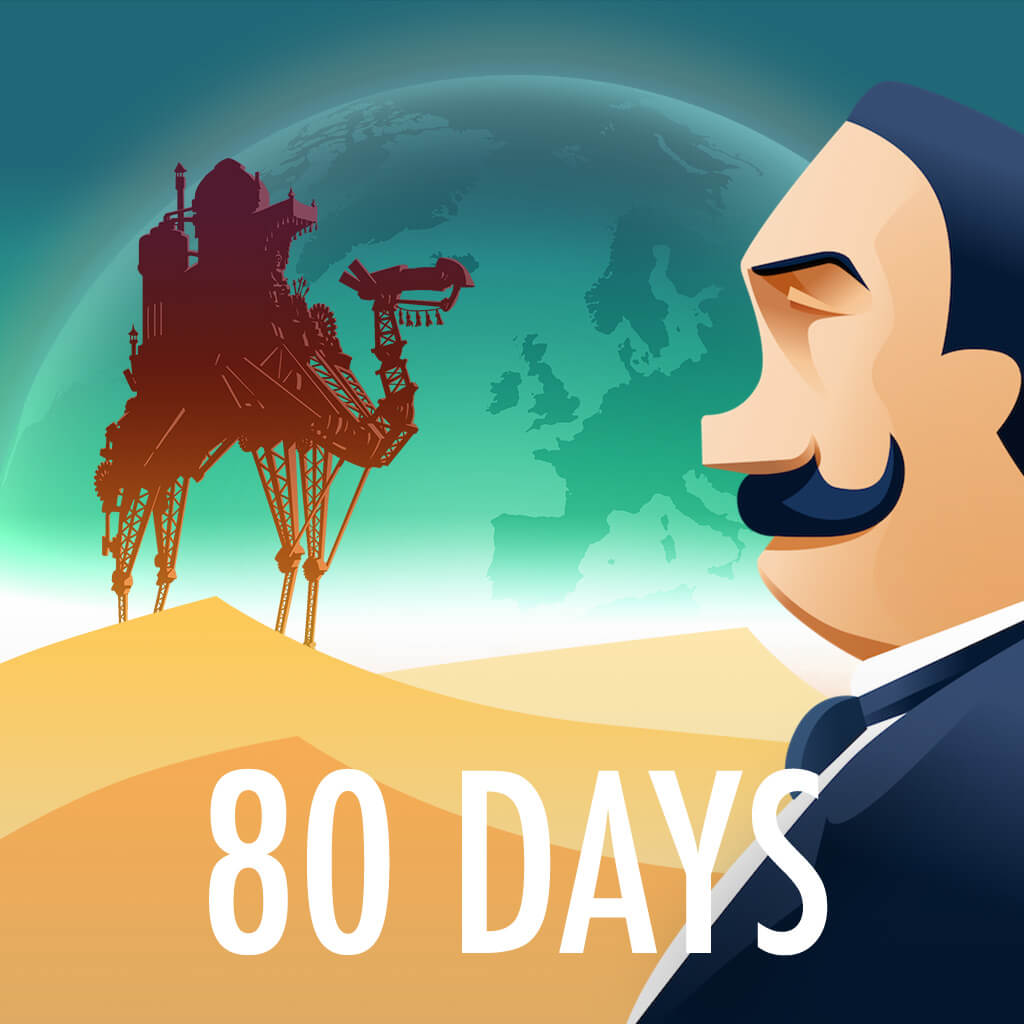
The story of 80 Days is loosely based on Jules Verne’s classic novel Around the World in 80 Days. However, rather than take on the role of rich British gentleman Phileas Fogg, you instead step into the role of his loyal valet, Passepartout. The story picks up when Mr. Fogg informs you of a wager to circumnavigate the globe in just eighty days. Just because you are a lowly valet does not mean you are second fiddle to an AI player. As Fogg’s valet, you make every decision – what to pack, what routes you should take, how much time you should spend in each location. The unflappable Phileas Fogg merely sips his tea, reads his newspaper, and lets you take care of all the actual decision making. Some of these decisions carry heavy consequences, and nearly all of them have a chance to make our break your adventure.

The core mechanics in the game involve buying something cheap in one city that can sell for a great sum of money in a later city and maneuvering your journey so you can reap the benefits. For example, a $30 bottle of wine in Paris could sell for $2000 in Moscow. Having lots of money helps you in that you can hurry routes along and bribe people to complete your journey faster. A constantly moving clock, a fickle master who demands to be taken care of even with the clock ticking, and the draw of the cities you visit are the main antagonists. For example, going to Moscow to sell that wine may net you a hefty profit, but you also are then stuck on the extremely uncomfortable and unhealthy Trans-Siberian Railroad. Helping plan a mutiny onboard a slow moving ship may be successful and get you where you need to go, or it may cause your ship to sink into the ocean. Constant resource management and weighing of risk-reward are needed to succeed in 80 Days, although even “unsuccessful” ventures can still be rewarding.
Where 80 Days truly shines is in its writing and world-building. The story takes place in an alternate reality 1872, where steampunk inventions dominate the landscape. Just as Passepartout is shocked and in awe of the new world he is discovering, the player will be taken aback by some of the inventions and locales you encounter through your journey. A giant mechanical bird, a huge mechanized suit, and a walking city are just a few of the unique and interesting methods of transportation Passepartout and Fogg will utilize to win the wager. The writing itself is staggering in both complexity and sheer amount: developer Inkle Ltd has stated that there are over 750,000 words in the game, which would require a huge amount of playthroughs to see everything the game has to offer. Simple decisions such as choosing to pocket or return a dropped item can come back to haunt you later in the game, as having that item may have been just the bargaining chip you need to complete the journey.
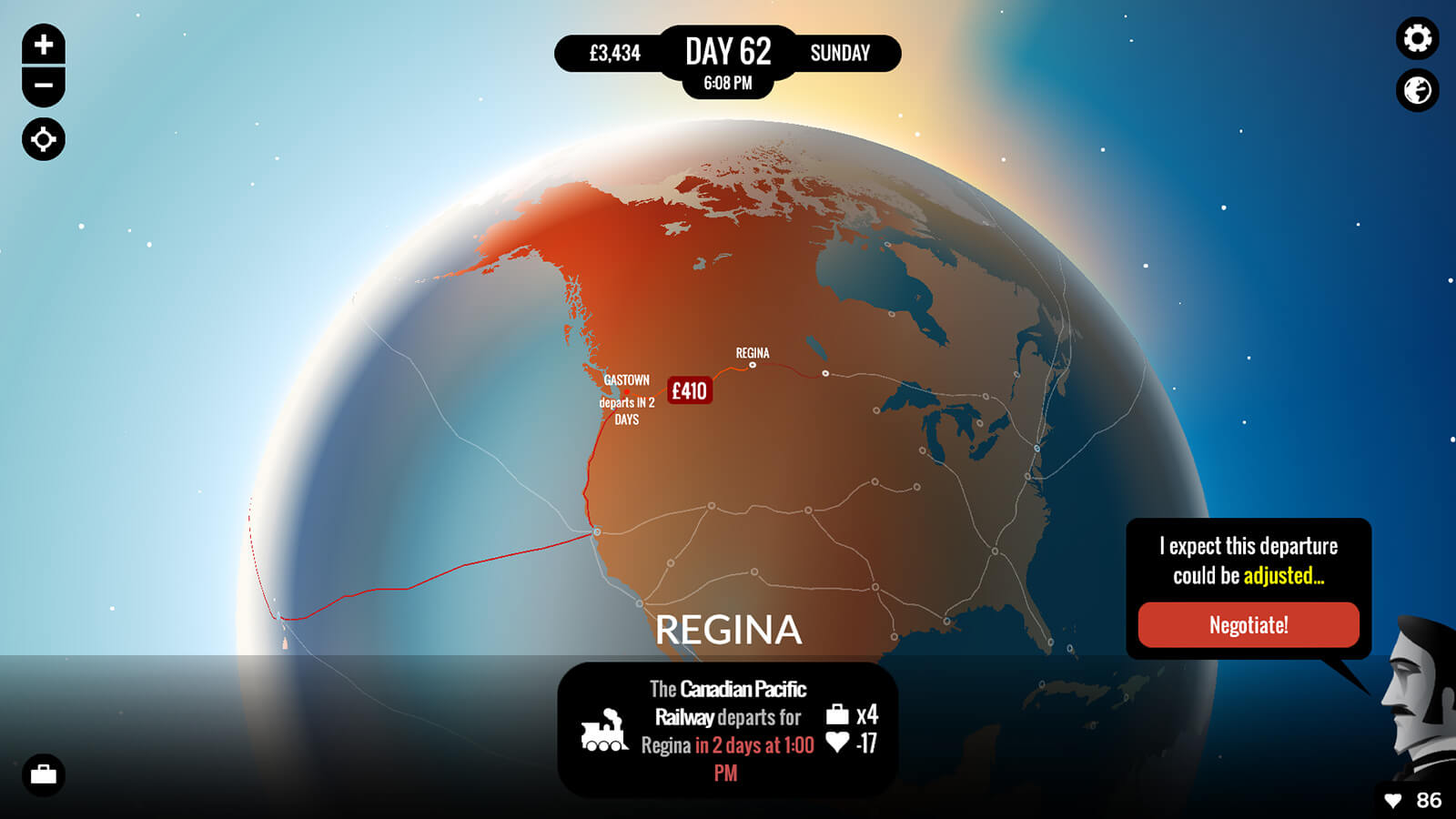
The writing is excellent, and the term “visual novel” works better for 80 Days than perhaps any other game I’ve seen before. Passepartout is an excellent avatar for the player; he is given options to be stoic, combative, flirtatious, or anywhere in between. It can be interesting to choose dialogue options that do not fit the character solely for that reason – other characters will react in bizarre ways if you do as well. Mr. Fogg does not expect to take sass from his valet, and will chide you if you question his status as a gentleman. You do develop a sense of constantly wanting to please this seemingly unpleasable man, and I found a smile coming to my face whenever he gave me any sort of recognition for doing a good job. Even when you fail to complete the journey in the allotted time, the interesting encounters and events you have experienced make 80 Days worth coming back to again and again.
The resource management is also an extremely interesting mechanic. Having to balance money, time, and Mr. Fogg’s well-being, all at odds with one another in nearly every decision you make, is hectic and overwhelming at first. Very quickly, your role as valet will start to come naturally, and it becomes easy to read between the lines of which resource is currently most important and what effect your decisions will have on those resources. The balancing act makes for some difficult choices, especially when a huge part of the game is wanting to go out and explore while knowing that maybe you should just stay in the hotel.
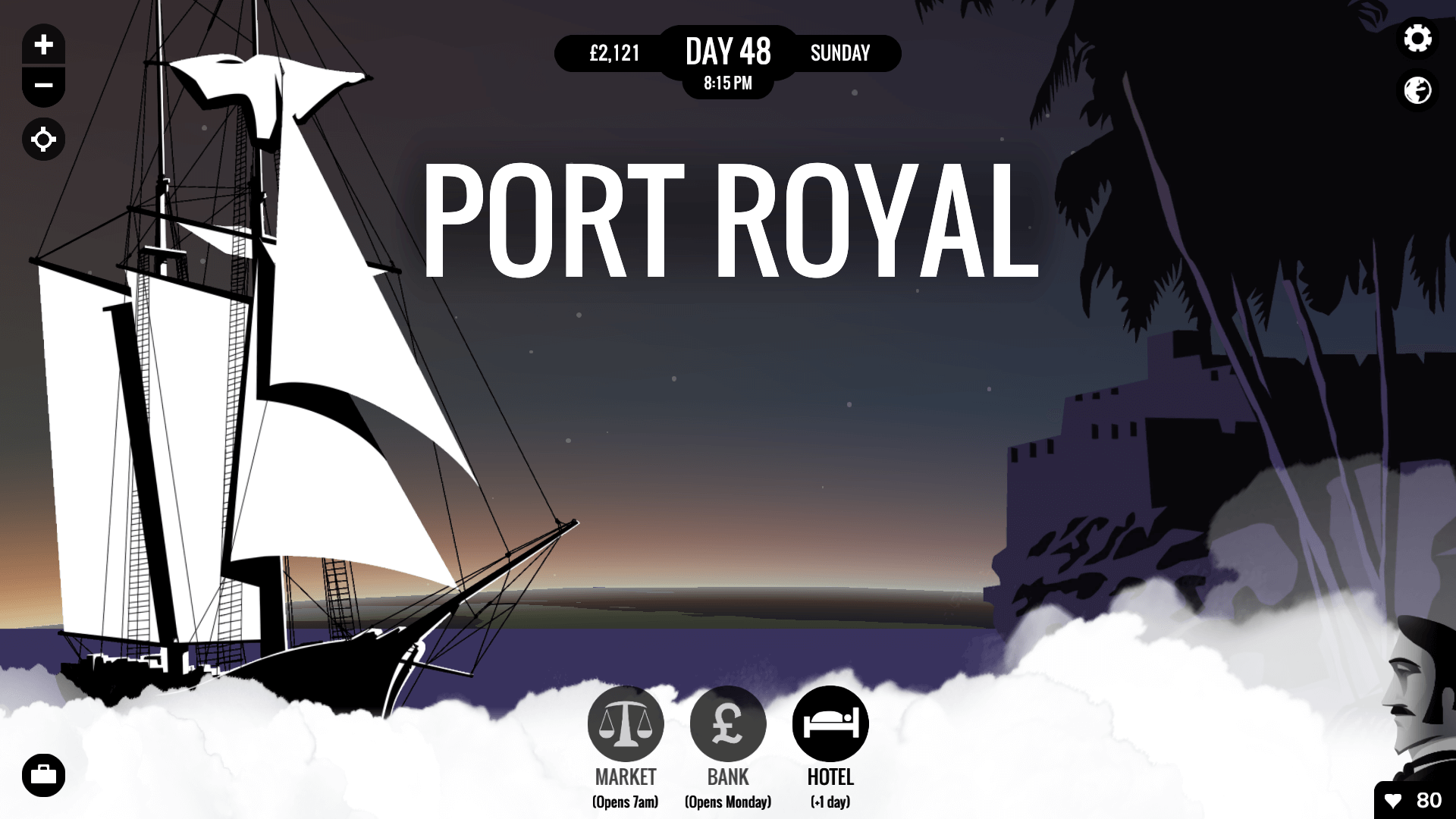
The only true detriment to speak about 80 Days is that it can be fairly repetitive. Even though the events are all wildly different and entertaining, 80 Days is essentially one big dialogue tree. In every city, you find routes, explore, buy items, and make a few decisions. This is all done by clicking on the text, which reveals more text, which you then click on to reveal more text. There is no spoken dialogue that I have come across, and the graphics stand as more of a window dressing. Essentially, if you are not a fan of reading, you will have a difficult time with 80 Days.

80 Days is totally worth the price of admission. It provides some emotional punch, a sense of wonder, and absolutely contains the “one more turn” element that can turn into a very late night. It is difficult to put down, has very high replayability (there are even different seeds that change the prices and items you can buy in each city to encourage you to try new routes and explore new places), and ultimately is just a fun and unique experience. Catch that airship and try to get back to London on time. Check out the official trailer below, or just buy it already.
[embedyt] https://www.youtube.com/watch?v=NzR3GED4P7g[/embedyt]
[gap height=”15″]
What did you think of 80 Days? Should this kind of game stick to iOS? Or is PC where these interactive novels truly belong? Let us know.
[review]

